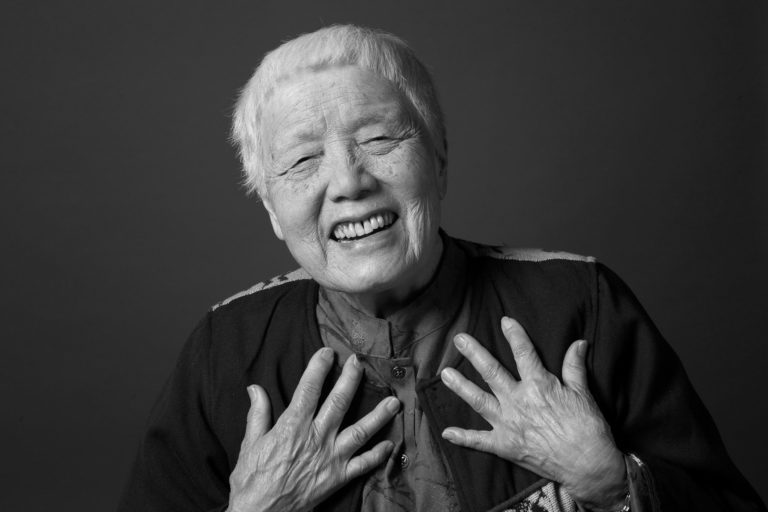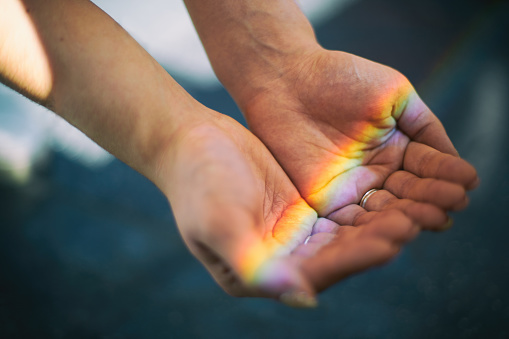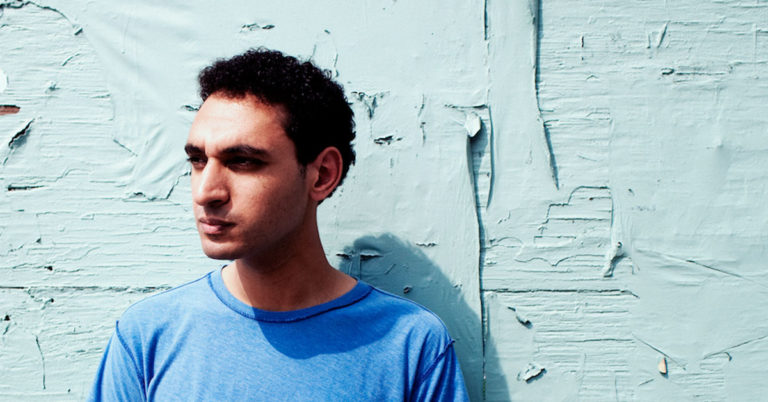December 3, 2015
Mark Hyman, James Gordon, and Penny George
The Evolution of Medicine
A transformation of medicine is underway, a transition from a science of treating disease to a science of health. Mark Hyman is a family physician and a pioneer in the new discipline of functional medicine. James Gordon is an expert in using mind-body medicine to heal depression, anxiety, and psychological trauma. Penny George became a philanthropist of integrative medicine after she experienced cancer in mid-life. Before a live audience at the University of Minnesota, they discuss the challenge and promise of aligning medicine with a 21st century understanding of human wholeness.




